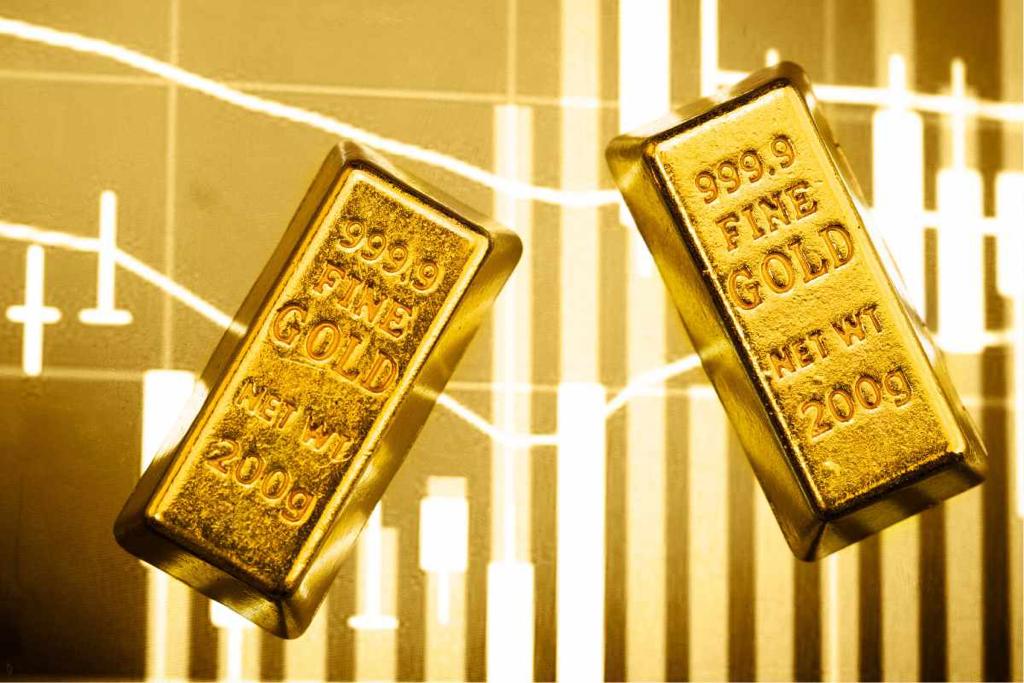Gold markets in Egypt have been in a state of turmoil, with fluctuations and a halt of trade due to the emergence of a parallel market that trades at different prices than the official ones. Saied Embaby, CEO of iSagha, an online platform for trading gold and jewelry, reported a 13% drop in the price of 21-karat gold, reaching EGP 3,560 at the end of the trading week.
This occurred alongside a 1% rise in gold prices on the global stock market, opening at $2,019, reaching $2,060, and closing at $2,040. This confidence was attributed to the US Federal Reserve’s plan to reduce interest rates starting in March.
Embaby also noted specific prices for different karats of gold, attributing the decline in gold prices to leaks about an initial agreement between Egypt and the IMF, as well as UAE investments in the Ras El Hekma region. This created a decline in the dollar exchange rate and subsequently affected gold prices.
Looking ahead, Embaby expects gold prices to continue declining in the coming period, with the surge in global prices and shortages in the local market potentially limiting the extent of the decline. However, the instability in the gold markets has led to the practice of trading at parallel prices in some stores and selling at prices higher than the announced ones. This, in turn, has led raw gold traders to stop buying and selling, creating a state of random pricing.
In conclusion, the fluctuations in gold markets have the potential to harm the national economy and the interests of citizens. It could lead to buyers paying higher prices than fair ones and sellers receiving lower prices than due ones, creating an unfair market for both parties involved. This instability could have broad implications for Egypt’s economy and the well-being of its citizens.









